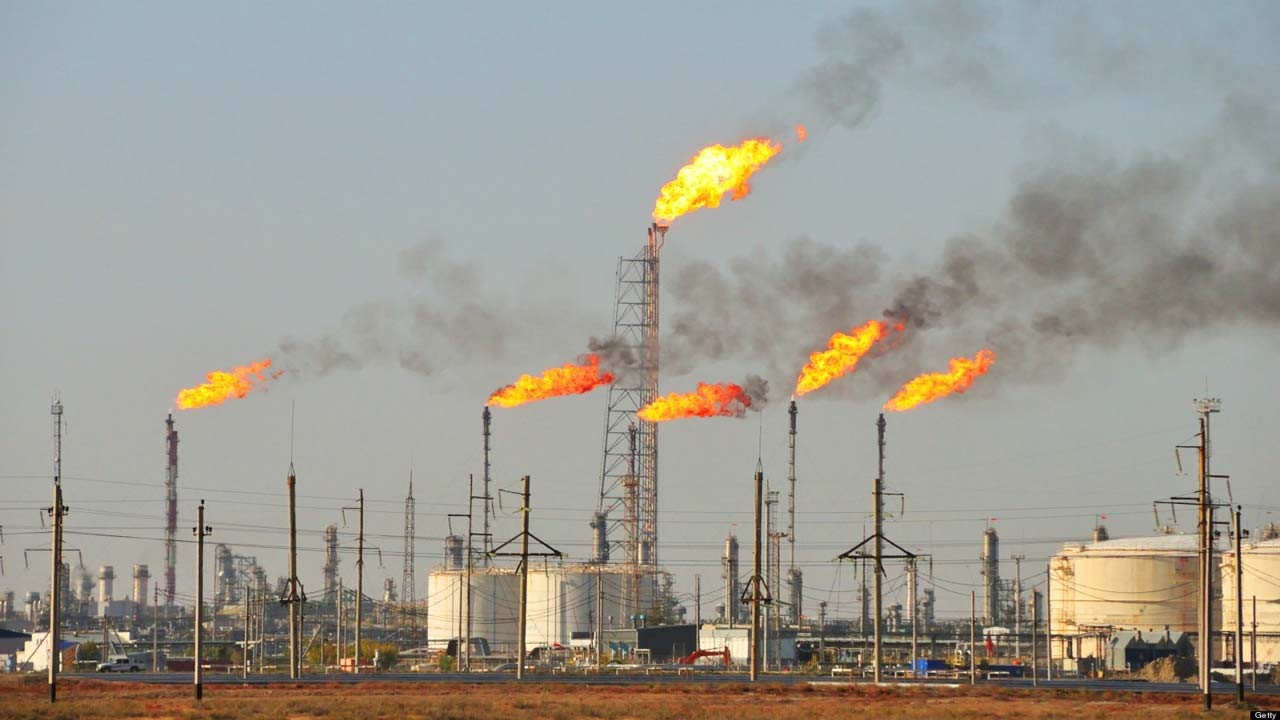The World Bank says Nigeria is among the top seven gas flaring countries in the world. The bank revealed this on Wednesday in Washington D. C. in its gas flaring satellite data for 2020. The satellite was first launched in 2012.
The six other top gas flaring countries for nine years running are Russia, Iraq, Iran, the United States, Algeria and Venezuela.
The report was compiled by World Bank’s Global Gas Flaring Reduction Partnership (GGFR). According to the report, the seven countries produced 40 per cent of the world’s oil each year, but accounted for roughly two-thirds (65 per cent) of global gas flaring.
The report said that 2020 was an unprecedented year for the oil and gas industry, with oil production declining by eight per cent, while global gas flaring reduced by five per cent.
It also said that oil production dropped from 82 million barrels per day (mbpd) in 2019 to 76 mbpd in 2020, as global gas flaring reduced from 150 billion cubic meters (bcm) in 2019 to 142 bcm in 2020.
Mr Demetrios Papathanasiou, Global Director for the Energy and Extractives Global Practice at the World Bank said in the wake of the COVID-19 pandemic, oil-dependent developing countries were feeling the pinch, with constrained revenues and budgets. “However, with gas flaring still releasing over 400 million tons of carbon dioxide equivalent emissions each year, now is the time for action. We must forge ahead with plans to dramatically reduce the direct emissions of the oil and gas sector, including from gas flaring,” he said.
Mr Zubin Bamji, Programme Manager of the World Bank’s GGFR Partnership Trust Fund, said awareness of gas flaring as a critical climate and resource management issue was greater than ever before. He said that almost 80 governments and oil companies had committed to Zero Routine Flaring within the next decade and some were also joining the global partnership, which was a very positive development.
According to him, gas flaring reduction projects require significant investment and take several years to produce results. “In the lead-up to the next UN Climate Change conference in Glasgow, we continue to call upon oil-producing country governments and companies to place gas flaring reduction at the center of their climate action plans. To save the world from millions of tons of emissions a year, this 160-year-old industry practice must now come to an end,” he said.
The World Bank’s GGFR is a trust fund and partnership of governments, oil companies and multilateral organisations working to end routine gas flaring at oil production sites around the world.



